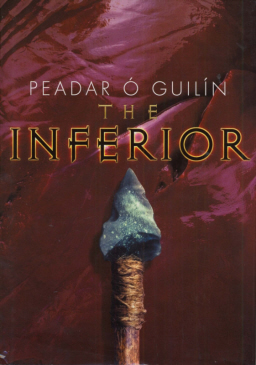Book Launch Week (Plus Giveaway)
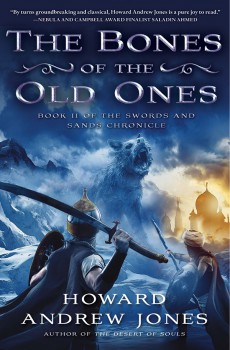 First, I want to point everyone to a book giveaway at Reddit. Until the end of the week, you can drop by, write what your favorite fantasy setting, world, or culture is (and why) and be entered in a drawing to win a signed copy of both The Bones of the Old Ones and its standalone predecessor, The Desert of Souls.
First, I want to point everyone to a book giveaway at Reddit. Until the end of the week, you can drop by, write what your favorite fantasy setting, world, or culture is (and why) and be entered in a drawing to win a signed copy of both The Bones of the Old Ones and its standalone predecessor, The Desert of Souls.
Second, I thought I’d take a moment to talk about what a book launch week is like. Long time visitors to Black Gate may remember that I promised to take you with me as I crossed over from regular bloke side of the street to man with a book contract side.
If you peruse the articles I wrote about signing my book deal with the St. Martin’s Thomas Dunne Books imprint, my glee practically drips off the screen (1. How to Get a Book Deal. 2. Signing the Contract. 3. After the Book Deal). Finally, after decades of trying, my words were going to be in a real live (well, dead tree) book, in bookstores nationwide. I felt like Charlie at the end of Charlie and the Chocolate Factory, when Willy Wonka asks him what happened to the boy who got everything he wanted. “He lived happily ever after,” says Willy with a smile.
It turns out that when you actually get through that door, what you’re doing is becoming an artist who is also a small business owner, for one of the things you absolutely must do is promote your work, er, product. There is a lot of work, and not so much chocolate. I got pretty busy, and I forgot to tell everyone here at Black Gate what was going on.
 Once upon a time, I had the crazy idea that if a book was good, it would stay in print. I also figured that a “best-of” volume would probably have all the good stories from an author, and I was actually naive enough to think that if a work by a favorite author was out of print, it probably wasn’t as good as the work that was still on shelves.
Once upon a time, I had the crazy idea that if a book was good, it would stay in print. I also figured that a “best-of” volume would probably have all the good stories from an author, and I was actually naive enough to think that if a work by a favorite author was out of print, it probably wasn’t as good as the work that was still on shelves.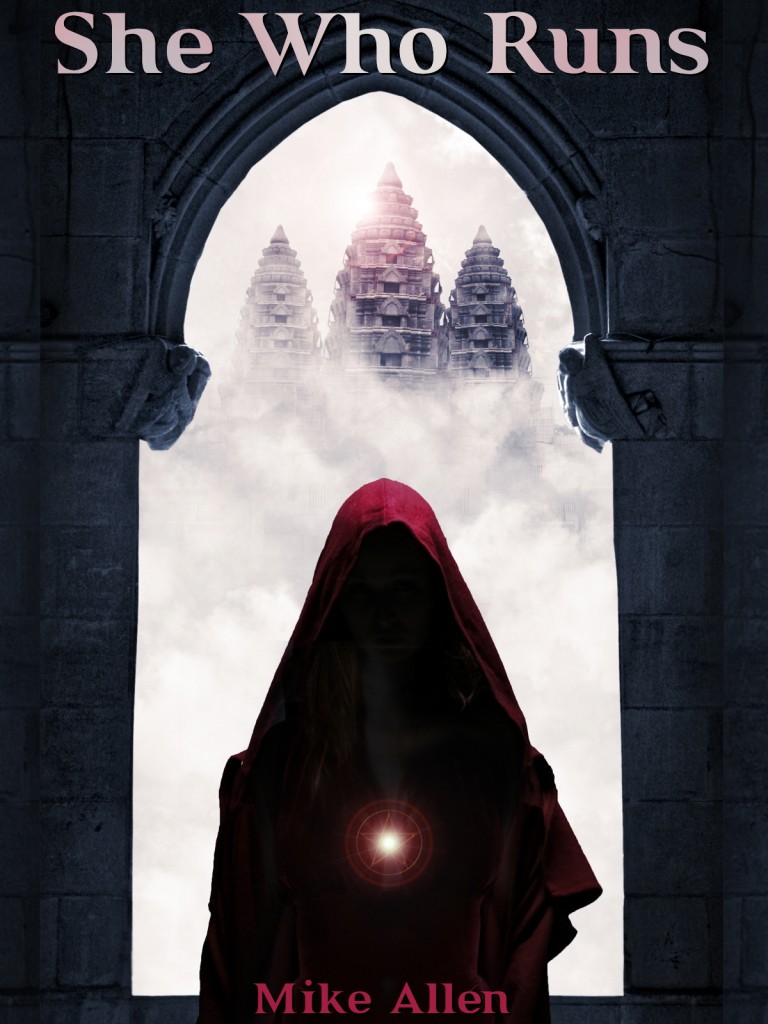
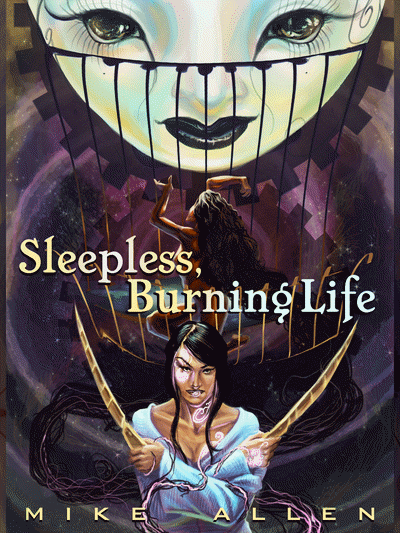
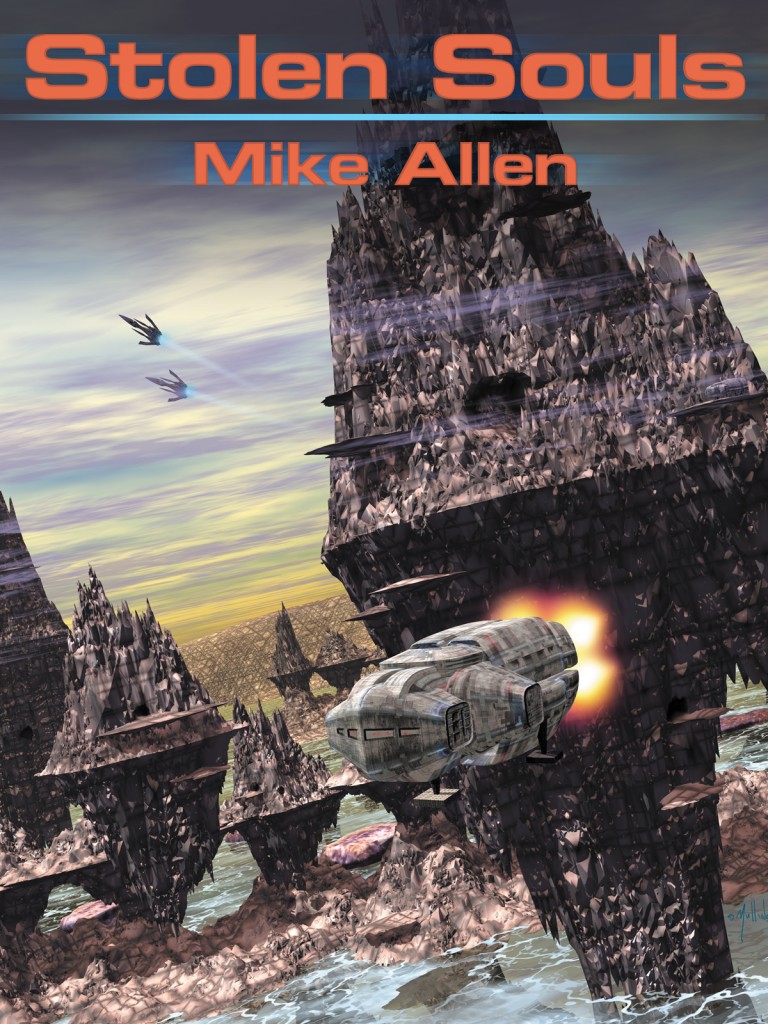
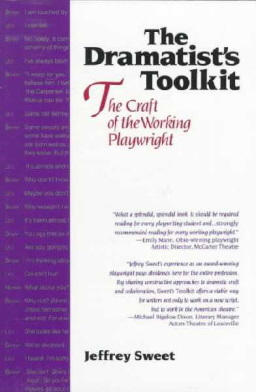
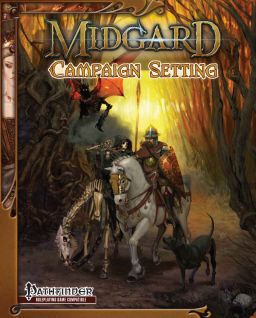
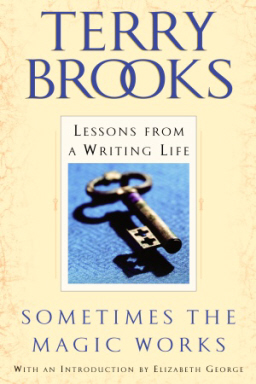
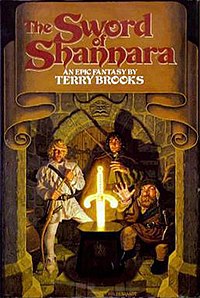 A confession: Terry Brooks’s novels are not my thing. That is not a judgment on him, just an observation that so far I haven’t really connected with his work. For the record, in the Grand Taxonomy and Hierarchy of Books That Aren’t My Thing, The Sword of Shannara gave me far more reading enjoyment than did James Joyce’s Ulysses.
A confession: Terry Brooks’s novels are not my thing. That is not a judgment on him, just an observation that so far I haven’t really connected with his work. For the record, in the Grand Taxonomy and Hierarchy of Books That Aren’t My Thing, The Sword of Shannara gave me far more reading enjoyment than did James Joyce’s Ulysses.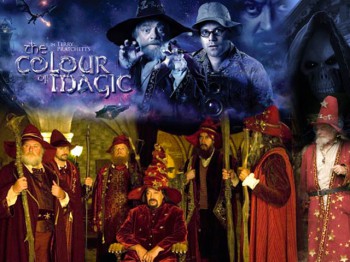 Once upon a very suspect time, a human being by the name of Terry Pratchett conjured up a space-traveling sea turtle by the name of A’tuin, and proceeded to make a sizable fortune from the disc-shaped world he emplaced upon her. In Pratchett’s Discworld novels, magic of the most unpredictable kind is the norm, and so it should come as no surprise that, eventually, somebody had to commit his unique brand of literary lunacy to celluloid.
Once upon a very suspect time, a human being by the name of Terry Pratchett conjured up a space-traveling sea turtle by the name of A’tuin, and proceeded to make a sizable fortune from the disc-shaped world he emplaced upon her. In Pratchett’s Discworld novels, magic of the most unpredictable kind is the norm, and so it should come as no surprise that, eventually, somebody had to commit his unique brand of literary lunacy to celluloid.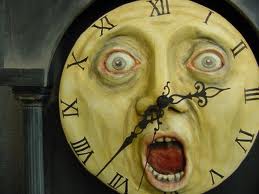 I’m busy.
I’m busy.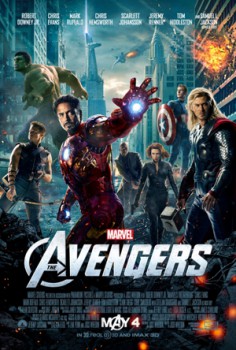 About a month ago, The Avengers
About a month ago, The Avengers 